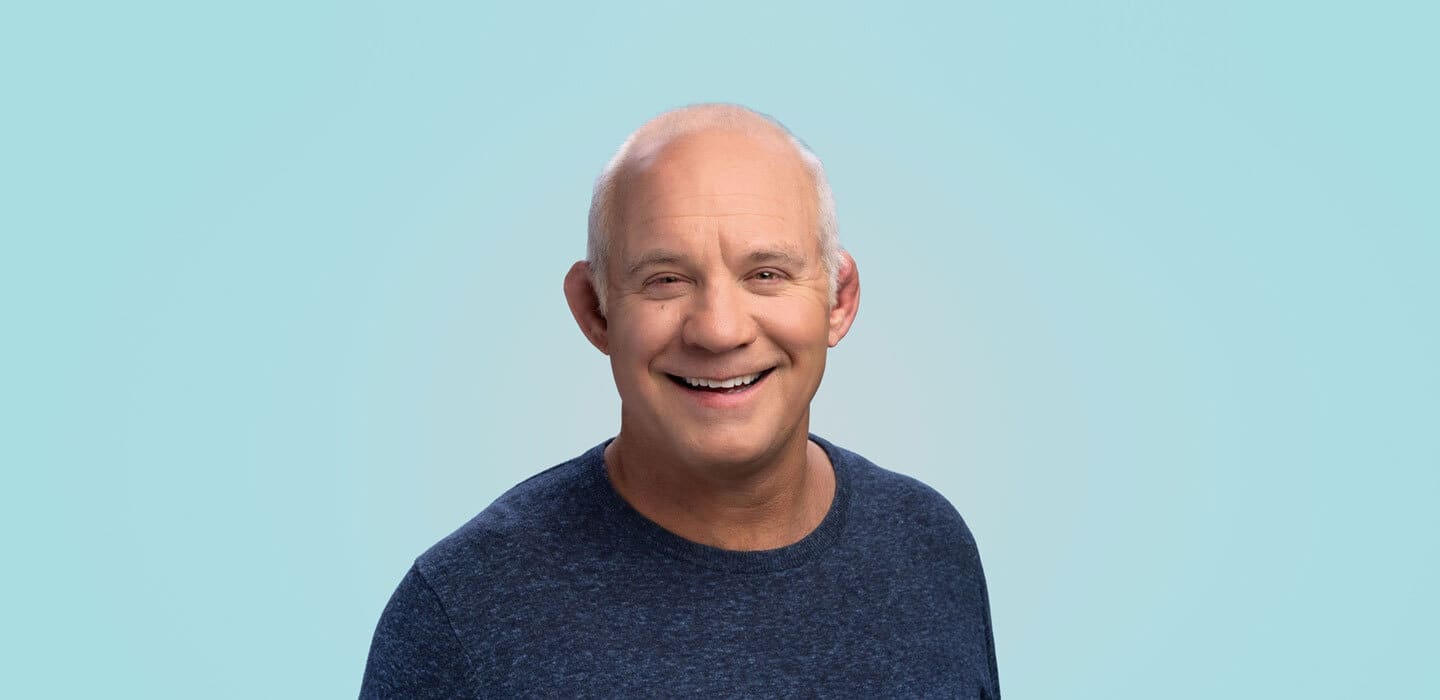Research briefing: Diabetes and weight management: new insights and tools from employers and innovators

Weight loss
Wondr Health recently partnered with EHIR for a research briefing on the latest insights and resources for obesity and diabetes. Our Chief Medical Officer, Dr. Tim Church, joined other industry partners to share recommendations that will help employers and health plans address the complexities of obesity and weight-loss medications to stay ahead of the curve in achieving long-term clinical outcomes and cost savings. The following are highlights from the panel discussion:
As you think about the future and what we are hearing about GLP-1s and their effect on cardiovascular disease and other chronic conditions, how would you describe what you think the ultimate employer solutions might be?
Dr. Tim Church: The future is bright, and this is just the beginning. While everyone is focusing on weight, this is about eradicating type 2 diabetes and dramatically reducing cardiovascular disease, improving musculoskeletal issues, and helping improve quality of life. It is fair to say that we have never seen a class of drugs like this in the history of medicine. All of this will translate into improved lives and reduced health-care costs.
[The ultimate employer solution] is all about tailoring medications. There is no one-size-fits-all solution. Having a board-certified obesity expert tailor medication management ensures participants get the right treatment plan for their individual needs. This includes considering all classes of drugs for weight loss – not just GLP-1s – to achieve better clinical outcomes and cost savings.
A recent Kaiser Family Foundation study found that nearly half of adults would be interested in taking a weight-loss drug, including people who have fewer than 20 pounds to lose. For weight-loss medications that have been around for a long time and appear equally as effective, why did they not drive the same kind of exposure and excitement as GLP-1s?
Dr. Church: This study is an awakening for the employer that there is a huge demand for weight-loss medications that is not going away, thanks in part to the power of TikTok and Instagram. This level of demand creates the need to use the full spectrum of weight-loss medications and reserve GLP-1s for people who need them most.
Our members have a lot of solutions in place, but to date, they have not measured ROI. Is measuring ROI important? How would you measure it?
Dr. Church: We take ROI very seriously at Wondr Health. A third-party validated claims analysis performed by a leading multi-state health plan followed 23,000 members for two years and demonstrated a 2.1x ROI.
Do you have any final thoughts?
Dr. Church: The number one predictor of success for weight and diabetes management programs is leadership buy in. The most successful organizations have support from the top. I also would caution you that there are a lot of organizations entering this space who have never worked with employers. It is important to partner with an organization that has extensive experience and that understands the employer space.
Research briefing: Diabetes and weight management: new insights and tools from employers and innovators
Wondr Health recently partnered with EHIR for a research briefing on the latest insights and resources for obesity and diabetes. Our Chief Medical Officer, Dr. Tim Church, joined other industry partners to share recommendations that will help employers and health plans address the complexities of obesity and weight-loss medications to stay ahead of the curve in achieving long-term clinical outcomes and cost savings. The following are highlights from the panel discussion:
As you think about the future and what we are hearing about GLP-1s and their effect on cardiovascular disease and other chronic conditions, how would you describe what you think the ultimate employer solutions might be?
Dr. Tim Church: The future is bright, and this is just the beginning. While everyone is focusing on weight, this is about eradicating type 2 diabetes and dramatically reducing cardiovascular disease, improving musculoskeletal issues, and helping improve quality of life. It is fair to say that we have never seen a class of drugs like this in the history of medicine. All of this will translate into improved lives and reduced health-care costs.
[The ultimate employer solution] is all about tailoring medications. There is no one-size-fits-all solution. Having a board-certified obesity expert tailor medication management ensures participants get the right treatment plan for their individual needs. This includes considering all classes of drugs for weight loss – not just GLP-1s – to achieve better clinical outcomes and cost savings.
A recent Kaiser Family Foundation study found that nearly half of adults would be interested in taking a weight-loss drug, including people who have fewer than 20 pounds to lose. For weight-loss medications that have been around for a long time and appear equally as effective, why did they not drive the same kind of exposure and excitement as GLP-1s?
Dr. Church: This study is an awakening for the employer that there is a huge demand for weight-loss medications that is not going away, thanks in part to the power of TikTok and Instagram. This level of demand creates the need to use the full spectrum of weight-loss medications and reserve GLP-1s for people who need them most.
Our members have a lot of solutions in place, but to date, they have not measured ROI. Is measuring ROI important? How would you measure it?
Dr. Church: We take ROI very seriously at Wondr Health. A third-party validated claims analysis performed by a leading multi-state health plan followed 23,000 members for two years and demonstrated a 2.1x ROI.
Do you have any final thoughts?
Dr. Church: The number one predictor of success for weight and diabetes management programs is leadership buy in. The most successful organizations have support from the top. I also would caution you that there are a lot of organizations entering this space who have never worked with employers. It is important to partner with an organization that has extensive experience and that understands the employer space.





